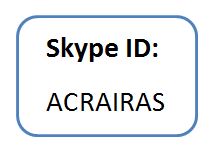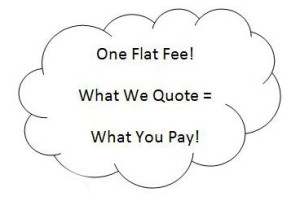Corporate Tax Rate Shouldn’t Be A Hindrance To Your Business Venture In Singapore
Just like many other entrepreneurs, you certainly will be wary of the taxation that comes with running a business in any given country. However, that should not be a reason to worry because a business venture is Singapore is as easy as A.B.C. You will enjoy the ease of doing business once you incorporate your company, in addition you will benefit from the affordable funding available to genuine and registered companies.
If you are looking for a country with conducive environment for business, then don’t look any further than Singapore, which is a top financial hub with comfortable legal systems. Taxation is a global factor in business and the only difference is the rates of taxation in every country. Singapore offers once of the best corporate tax rate.
Understanding Corporate Tax in Singapore
This kind of tax is the levy you pay after the deductions of all business expenses that includes cost of goods sold. The rates will vary based on the amount of profit your business makes in a given taxable period. When you are blessed with a Singapore resident company that does business transactions overseas, be informed that the profits remitted back to Singapore as well as what you make in the mother company will be combined for taxation. The territorial policies applied on the basis of the progressive tax framework makes income gotten from foreign sources taxable.
The rate of Corporate Tax since the year 2010 has been 17% and is calculated on the basis of chargeable income of the business. On the other hand, the effective tax rate for a company is only about 8.5%.
Moreover, there are Corporate Income Tax (CIT) Rebate is given to all companies’ in Singapore. This move was announced by the Singapore Minister for Finance, and the purpose of this is to help businesses cope with business costs that are increasing as well as the economic uncertainty. The CIT Rebate cap for YA 2017 will rise from $20,000 to $25,000. The rebate percentage will remain the same, at 50% of the corporate tax payable. On top of that, the CIT rebate will be extended to YA 2018 at a decreased rate of 20% of the company tax payable. This is subject to a cap of $10,000.
| Year of Assessment (YA) | Corporate Income Tax Rebate |
Capped at |
|---|---|---|
| 2018 | 20% | $10,000 |
| 2017 | 50% | $25,000 |
All these will be declared when preparing the company’s corporate tax computation, supporting schedules and form C or C-S filing. That means, these will be reported during your corporate tax filing.
You can Reduce the Rate of Taxation Further
The marginal taxation rate in Singapore is low compared to other countries, because it takes the third position globally. That notwithstanding, you can take advantage of the subsidies, incentives and other schemes that are meant to it easy for entrepreneurs to run their businesses. An example of those schemes is the Productivity and Innovation Credit (PIC), which gives a firm the immunity of not paying the corporate tax even when it’s making over S$25 million in one year.
Income from foreign sources can be exempted from taxation, going by the Singapore Income Tax Act (ITA) as seen in sections 13 (7A) to 13 (11). The Foreign Sourced Income Exemption applies to:
- Dividend from Foreign Sources – When a dividend is paid to a foreign account by a non-Singapore resident company, and then is remitted to an account of a company in Singapore. The remittance however has to be made within a year after it has been deposited in the foreign account, with an exclusion of any interest that the funds could’ve accumulated.
- Non-trade Profits from Foreign Branches – If a company is registered as a branch of a main company in Singapore, the profits it generates through its non-business or trade operations will be exempted from taxation after being remitted to Singapore.
- Income sourced from Foreign Service – A resident taxpayer in a foreign country that is a branch of a main company in Singapore. The business is deemed to have paid the related taxes of its fixed space that may be an office or management rooms. You ought to ensure that you follow all the regulations to avoid the double taxation.
Understanding the Regulations to Avoid Double Taxation
At times, you will be caught in a situation where you will be asked to pay for taxes after having paid in the foreign country. The Foreign Tax Credit Scheme (FTC) protects you from being double taxed.
If you require assistance in this area of corporate tax, then J Accounting would be able to help you with this.




